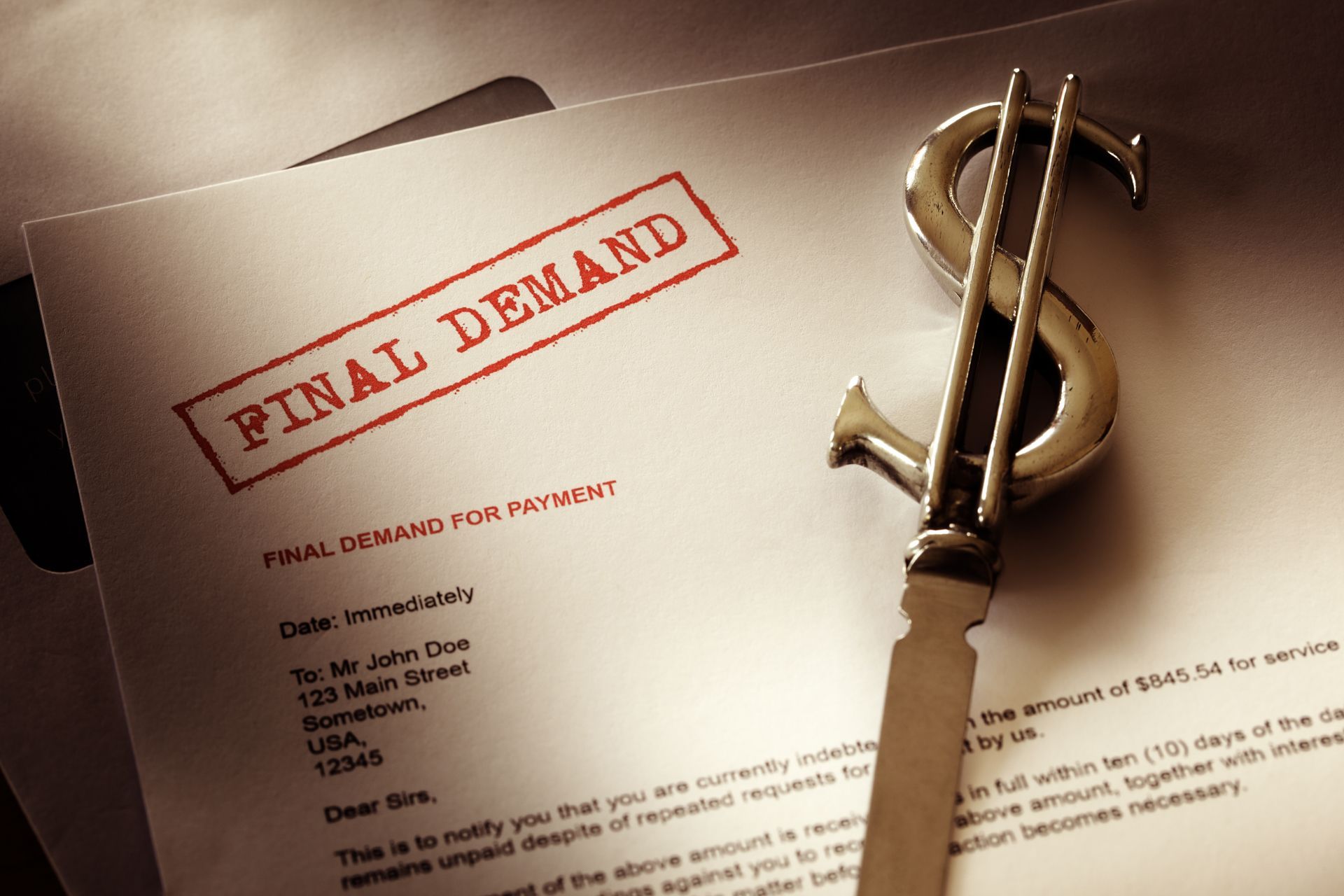- Business Law Experts
Long Island Creditors' Rights & Collections
Receive legal assistance from Presberg Law, P.C., a leading firm specializing in creditors’ rights and collections in Long Island, NY. Since 1984, our attorneys have represented creditors in various legal matters related to financial challenges, providing effective and efficient solutions.
For 39 years, we have represented businesses, government agencies, and individuals who need assistance safeguarding their financial interests. We can help you handle debt recovery, file liens or judgments, and negotiate settlements with debtors. No matter the case, our attorneys are dedicated to protecting your rights and prioritizing your financial recovery.
Schedule an appointment now to work with a lawyer who will protect your financial rights.
- Collections & Creditors’ Rights
Our Legal Process
Achieve the best possible outcome when collaborating with us. We aim to resolve disputes promptly and efficiently through negotiation, mediation, or litigation. Whether bankruptcy or debt collection, we follow key steps to represent our clients effectively.
To begin with, our creditors’ rights and collections lawyers will thoroughly investigate each case, verifying facts, gathering evidence, and identifying laws or regulations to protect your rights. Then, we will develop a thorough strategy tailored to your situation. Finally, our team will prepare a file with all necessary legal documents before representing you in court.
Frequently Asked Questions
How can I stop a debt collector from calling me at work?
If you are looking to stop a debt collector from contacting you at work, there are several steps you can take, including:
- Direct Communication – You have the right to inform the debt collector verbally that you do not wish to be contacted at your workplace. You can mention that your employer does not allow such calls, or simply state your preference not to receive these calls at work.
- Written Request – To ensure a more enforceable prohibition, it is recommended to send a written notice to the collection agency clearly stating your request not to be contacted at work. According to the Fair Debt Collection Practices Act (FDCPA), once a collector receives this letter, they are legally obliged to stop contacting you at your workplace unless they have court permission or need to notify you about specific actions like filing a lawsuit.
- Maintain Records – It is crucial to keep track of all communication with the debt collection company, including dates, times, and notes on what was discussed. These records can be particularly useful if you need to dispute the debt or file a complaint about the collector’s behavior.
- Send a Cease-and-Desist Letter – If you want all communication to stop entirely, you can send a cease-and-desist letter. This will halt all contact with the debt collector, but it won’t eliminate the debt itself. The collector can still sue you over the debt.
- Hire an Attorney – If you have an attorney representing you concerning the debt, the debt collector must contact the attorney instead of you.
Remember, these actions won’t erase your debt, but they can stop the calls at work. If a debt collector continues to call your workplace after you have communicated your request, they may be violating the FDCPA, and you could have grounds for a lawsuit. Please consult with a legal professional for advice tailored to your specific situation.
Contact Information
100 Corporate Plaza Suite B102
Islandia, NY 11749
Phone: (631) 232-4444
Fax: (631) 232-2603
Email: jpresberg@presberg.com
Hours of Operation
- Monday
- -
- Tuesday
- -
- Wednesday
- -
- Thursday
- -
- Friday
- -
- Saturday
- Closed
- Sunday
- Closed
PLEASE NOTE THAT THERE IS NO REPRESENTATION OF ANYONE CONTACTING THE WEBSITE FOR ASSISTANCE.
AN ATTORNEY/CLIENT RELATIONSHIP DOES NOT EXIST UNTIL BOTH OF THE PARTIES AGREE TO THE RELATIONSHIP IN WRITING.
All Rights Reserved | Presberg Law, P.C.


